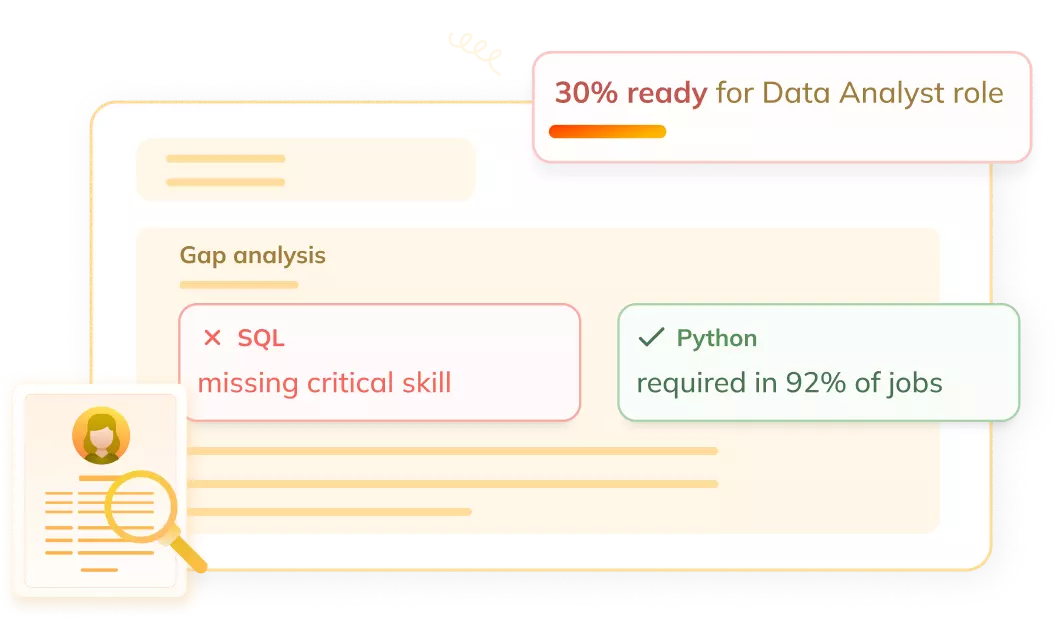Introduction
Databases are organized collections of data stored electronically in a structured format. They are a central repository for storing, managing, and retrieving vast information. We need a mechanism to fetch specific data in a minimum time from such databases.

This article will discuss one such tool known as Regex.
Regular Expressions (RegEx) in Databases
Regular Expressions, commonly known as Regex, are powerful tools. They help us in finding particular words in big blocks of writing. They are like magical tools for databases because they can do lots of different things. SQL queries become even more powerful with RegEx because we can do tricky text stuff using special symbols and codes. Big databases such as MySQL, PostgreSQL, and Oracle support regular expressions through special functions and operators.
With RegEx in SQL, smart developers can do all sorts of fun tasks. We can find words in texts, check if data looks right, take out info we want, and even change some words to new ones! It's like having a superhero that makes messy data clean and neat. Here are some good reasons why RegEx rocks in databases:
Complex Pattern Matching
Databases have tons of words and stuff, like logs, user info, emails, and web addresses. Regular methods to look for special words or patterns can be hard. But with RegEx, it's like magic! We can do cool searches and get exactly what we want from the text.
Flexible Data Validation
We want data to be correct and match some rules, especially when people type in stuff or bring data in. RegEx helps us make sure data is good. For example, we can check if emails, phone numbers, or credit card numbers look right. It's like having a cool checker for our data!
Text Extraction and Transformation
Sometimes, text in databases is all messy and jumbled. Regular Expressions can help us get the good stuff out of the mess. We can find the info we need and make it nice and tidy. It's like finding hidden treasure in a big pile of words!
Advanced Querying
SQL, the standard language for querying relational databases, offers powerful string functions for text manipulation. Developers gain access to more advanced querying capabilities by incorporating Regular Expressions into SQL queries. They can perform sophisticated search operations, retrieve specific patterns, and achieve complex data analysis tasks that would be challenging or impossible using standard SQL functions.
Data Cleansing and Normalization
Database data often comes from various sources and may contain inconsistencies, errors, or unexpected characters. Regular Expressions provide a robust toolset to clean and normalize data by identifying and replacing undesirable patterns. This ensures data consistency and accuracy in the database.
Text Search in Full-Text Indexing
Some databases support full-text indexing, efficiently searching text fields for specific keywords or phrases. Regular Expressions can be employed to define more intricate search patterns within these full-text indexes, delivering precise and relevant search results.




